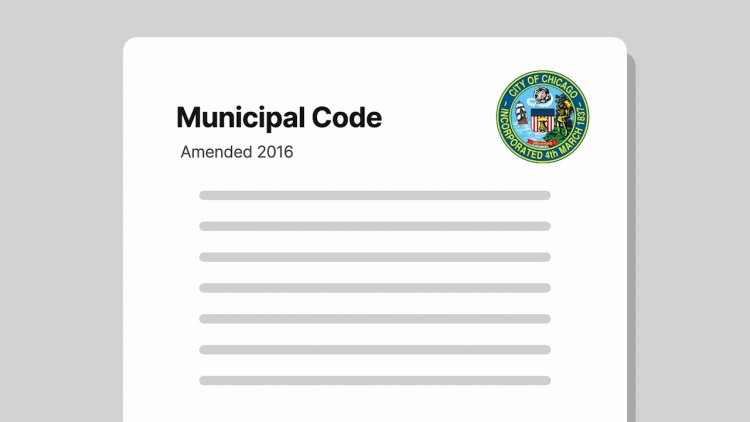In re Fulton
United States Court of Appeals for the Seventh Circuit
926 F.3d 916 (2019)
- Written by Abby Roughton, JD
Facts
The City of Chicago (creditor) impounded vehicles if the owners failed to pay outstanding fines, including parking tickets and penalties for other minor vehicle-related offenses. For a vehicle to be released, the owner had to pay the fines plus impoundment costs. Roughly 9 percent of the city’s annual operating fund came from collection of these fines and penalties. In 2016, based on concerns that people were declaring bankruptcy to avoid financial liability for their impounded vehicles, the city amended its municipal code to impose a possessory lien on impounded vehicles for the full amount necessary to release the vehicle. The city thus began keeping chapter 13 debtors’ impounded vehicles until the debtors’ outstanding fines were paid in full. In 2017 and 2018, the city impounded vehicles owned by Robbin Fulton, Jason Howard, George Peake, and Timothy Shannon (debtors) for failure to pay traffic fines and parking tickets. Fulton, Howard, Peake, and Shannon later filed chapter 13 bankruptcy petitions. The city refused to release the impounded vehicles, claiming that the city was excepted from the Bankruptcy Code’s automatic stay of actions seeking collection of the debtor’s property. In each bankruptcy proceeding, the lower courts ordered the city to return the vehicles and imposed sanctions on the city for violating the automatic stay. The city appealed.
Rule of Law
Issue
Holding and Reasoning (Flaum, J.)
What to do next…
Here's why 907,000 law students have relied on our case briefs:
- Written by law professors and practitioners, not other law students. 47,100 briefs, keyed to 996 casebooks. Top-notch customer support.
- The right amount of information, includes the facts, issues, rule of law, holding and reasoning, and any concurrences and dissents.
- Access in your classes, works on your mobile and tablet. Massive library of related video lessons and high quality multiple-choice questions.
- Easy to use, uniform format for every case brief. Written in plain English, not in legalese. Our briefs summarize and simplify; they don’t just repeat the court’s language.





